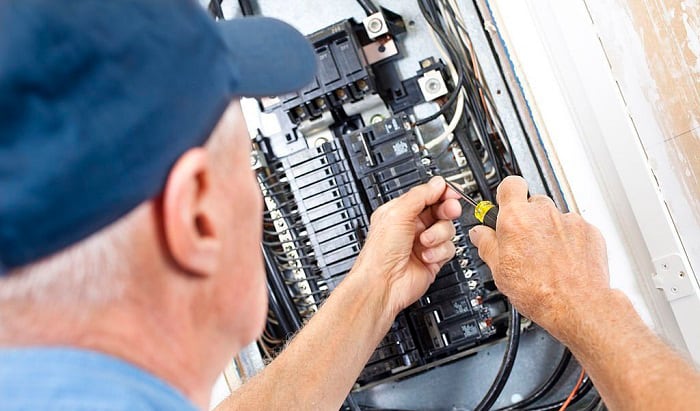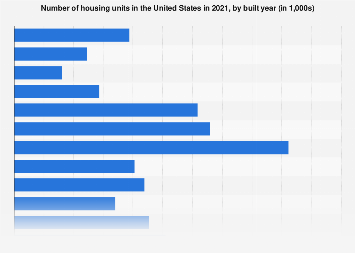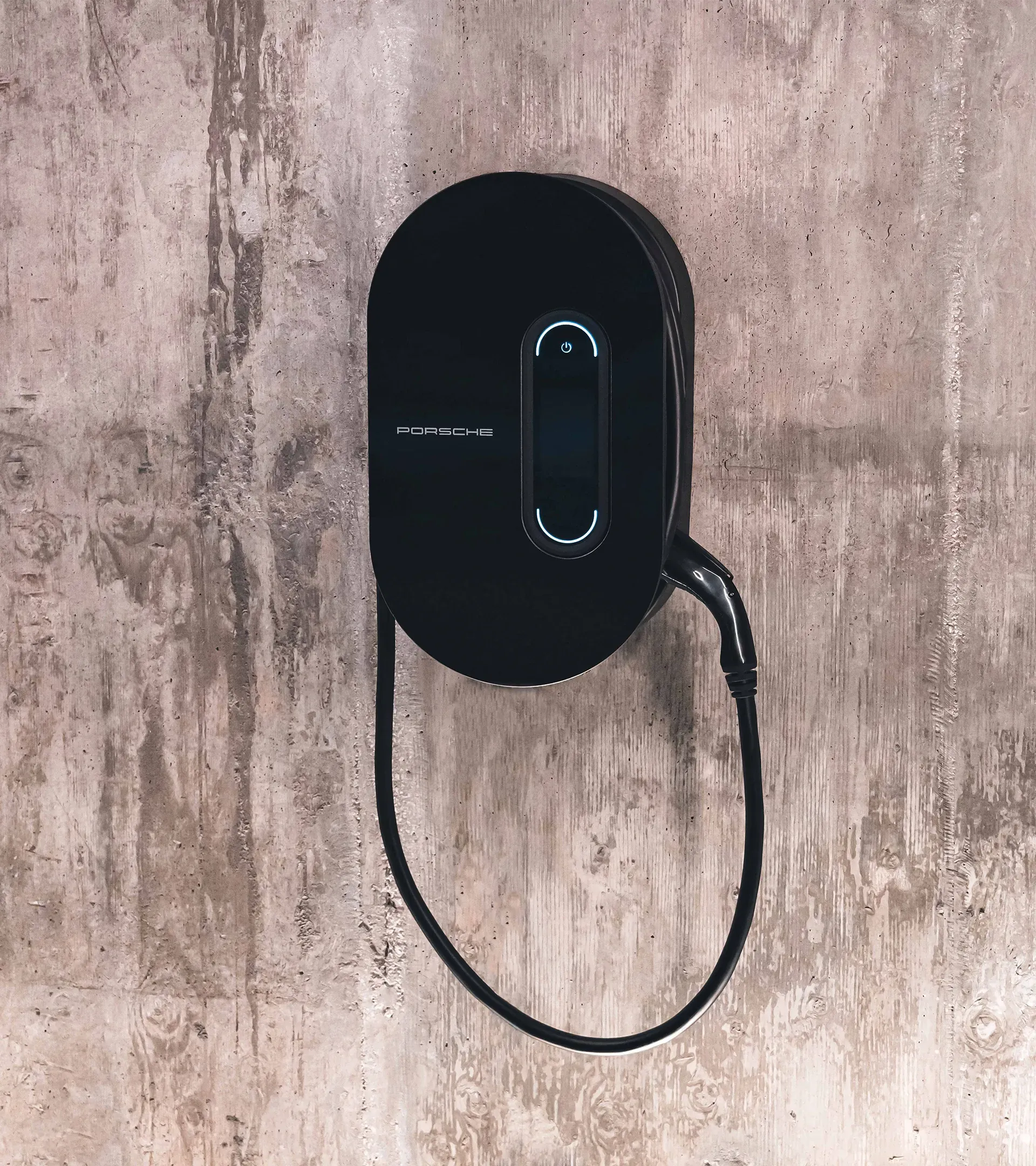99% referred to the <1% EV vs ICE in the country. Those are the early adopters, the low hanging fruit. To be successful, now they got to get the other 99%
In regards to housing, ChatGPT is wrong,

30 AMP was prior to WWII
60 AMP post WWII
100 AMP in the 60s
200 AMP post 1980
Have you been pondering, “When did 200 amp service become standard?” This detailed answer takes you down the electrical history lane.

www.galvinpower.org
What is the difference between a 100 AMP electric panel and a 200 AMP electric panel? 2024

genesiselectric.com
.
Modern homes are jam-packed with devices and equipment that run all or most of the day – and that means your home’s electrical system is constantly working hard. If your home’s more than 20-years-o…

blog.hsb.com
its all over the internet, easy to find. So how many houses were built pre 1980 vs post 1980? What the area under the curve? Its not 99%, that the early adopters. But my guess is there are far more houses built pre-1980 vs post.
Graph and download economic data for New Privately-Owned Housing Units Completed: Single-Family Units (COMPU1USA) from Jan 1968 to Aug 2025 about 1-unit structures, family, new, private, housing, and USA.
fred.stlouisfed.org
The largest share of the housing stock in the United States as of 2021 was built between 1975 and 1979.

www.statista.com
.
The largest share of the housing stock in the United States as of 2021 was built between 1975 and 1979. There were 18.5 million homes built
And I see none. Zero. In a 10 square mile, driving around, I see maybe 2 or 3. This is all location driven, we've been over this many posts ago. Some states have virtually zero registration. Even CA is only about 3%. You'd think they were breeding like rabbits. But not.
I don't know that and neither do you. Hydrogen might be the future. Some other alternative could be the future. Early Adopters take huge risks, pay the most money, and many times lose. Just ask all those people who bought Laser Disks players and Laser Disk libraries.
Look at the government stats above. AL has more biodiesel and far more E85 vehicles than EV but a wide margin. Even CA, the leader has more E85 vehicles than EVs. Amazing huh? I would never bet on EVs being the "future".
The tech is in its infancy. And
@yrralis1 has good points about Porsche and its electronic. Want a Porsche Charger? Thats $1,670 please
Experience effortless EV charging with the Porsche-designed wall charger from the convenience of your own home.

shop.porsche.com
You just wait and see how often they change their electronics.
















